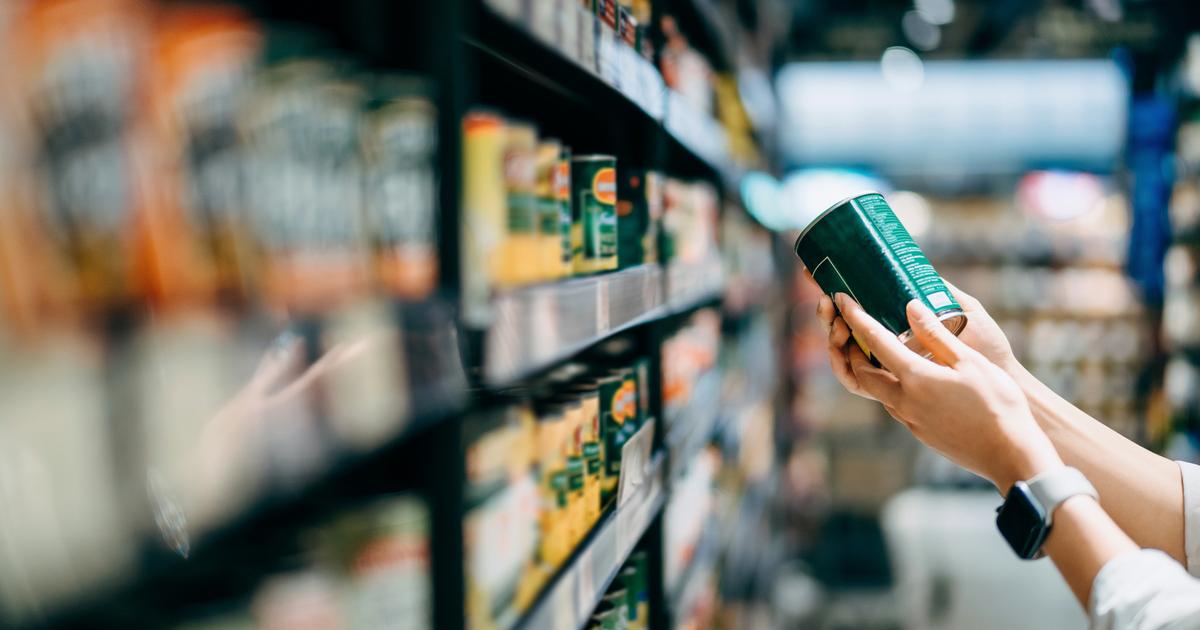Consuming ultra-processed foods increases our risk of developing cancer.
This is the observation made by a large-scale French study published on February 13 in the journal
PLOS Medicine
.
In question ?
The additives contained in these products, called “emulsifiers” and added during the industrial manufacturing process to provide a creamy texture and extend the shelf life of the product.
What are the additives in question?
In what products are they found?
How to spot them and then avoid them?
Bernard Srour, co-author of the study and professor of epidemiology at INRAE and INSERM (1), answers us.
To discover
Podcast
> Gwyneth Paltrow: the strange guru from the Upper East Side
Download the Le Figaro Cuisine app for tasty and authentic recipes
Also read: Low-cost products are often as good as the brands, sometimes even better, according to “What to choose”
Carcinogenic risks
To carry out their work, the researchers analyzed the link between eating habits and the development of cancer in 92,000 adults (including 79% women) from the NutriNet-Santé* cohort, followed for an average of 7 to 8 years.
Scientists have discovered that two families of emulsifiers increase the risk of developing cancer: mono- and diglycerides of fatty acids and carrageenans.
Regular consumption (approximately one dose per day) of the first emulsifier is associated with “an increased risk of breast cancer, prostate cancer and all cancers combined,” Bernard Srour informs us.
Regular consumption of the other two is associated with “increased risk of breast cancer”.
Yogurts, cakes, sauces...
Concretely, where are these additives found?
“They are notably present in certain varieties of ice cream, yogurts, ready-made sauces (like béchamel), madeleines, cakes and chocolate bars, as well as in certain rusks and even in margarine,” lists Bernard Srour.
Read alsoWomen more exposed to cardiovascular diseases: advice from a cardiologist to protect your heart
To spot them, simply read the labels and more precisely the list of ingredients.
“The additives concerned are indicated either by the names “mono- and diglycerides of fatty acids” and “carrageenans”, or by the codes E471, E407 and E407A,” explains Bernard Srour.
To avoid them, the scientist recommends turning to brands and products free of these additives.
More generally, for a healthy and balanced diet, the researcher invites us to limit our consumption of ultra-processed foods as much as possible, and to “favor products that do not contain or very few industrial ingredients, understand those not present in our kitchens.”
(1) Bernard Srour is also coordinator of the NACRe network (National Food Cancer Research Network).
*It is still possible to participate in the NutriNet-Santé cohort, which analyzes our consumption habits and the link with possible health problems.
More information on the website https://etude-nutrinet-sante.fr/.

